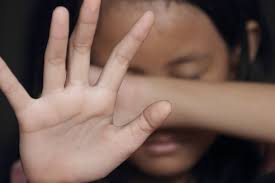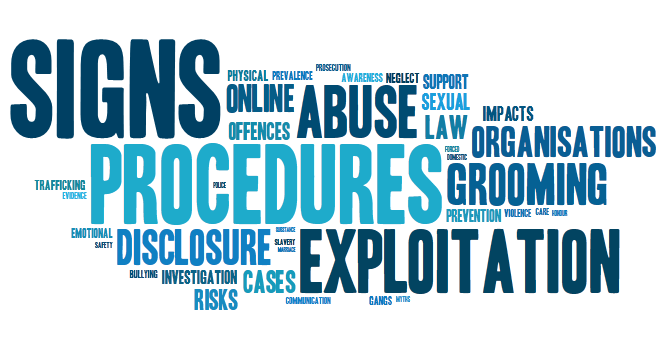
Healing and Recovery: Stories of Survival and Strength
July 22, 2024
Supporting a Loved One Who Has Experienced Sexual Abuse
July 24, 2024
How to Recognize the Signs of Sexual Abuse in Children
Recognizing the signs of sexual abuse in children is crucial for early intervention and support. Children often struggle to express their experiences directly, so it's important for adults to be vigilant and aware of the potential indicators of abuse. Here are some common signs to watch for:
Behavioral Changes
Children who have been sexually abused may exhibit noticeable changes in their behavior, including:
- Withdrawal or Isolation: Becoming unusually withdrawn, quiet, or secretive.
- Aggression or Anger: Exhibiting sudden, unexplained anger or aggression towards others.
- Regression: Reverting to behaviors typical of a younger age, such as bedwetting or thumb-sucking.
- Fear of Certain Places or People: Displaying an unusual fear of specific locations or individuals.
Physical Signs
While physical signs of sexual abuse may not always be present, they can include:
- Bruising or Bleeding: Unexplained bruises, bleeding, or pain in the genital or anal areas.
- Sexually Transmitted Infections (STIs): Diagnosis of an STI, especially in young children.
- Difficulty Walking or Sitting: Exhibiting discomfort or pain while walking or sitting.
Emotional and Psychological Signs
Sexual abuse can have profound emotional and psychological effects on children, such as:
- Depression or Anxiety: Showing signs of depression, anxiety, or excessive worry.
- Low Self-Esteem: Expressing feelings of worthlessness or low self-esteem.
- Nightmares or Sleep Disturbances: Experiencing frequent nightmares or difficulty sleeping.
- Sudden Changes in School Performance: Declining grades or loss of interest in school activities.
Sexualized Behavior
Children who have been sexually abused may display sexualized behavior that is inappropriate for their age, including:
- Knowledge of Sexual Topics: Demonstrating knowledge of sexual acts or language beyond their age.
- Sexual Behavior with Peers or Toys: Engaging in sexual behavior with peers, toys, or themselves.
- Inappropriate Touching: Attempting to touch others inappropriately or exhibiting sexually provocative behavior.
Verbal Hints or Disclosures
Sometimes, children may drop hints or directly disclose abuse. Be attentive to statements such as:
- Indirect Hints: Saying things like,
Someone is hurting me,
orI don't like being with [person's name].
- Direct Disclosures: Explicitly stating that they have been touched or abused.
What to Do if You Suspect Abuse
If you suspect a child is being sexually abused, it is crucial to take immediate action:
- Stay Calm and Supportive: Remain calm and provide a supportive environment for the child to talk.
- Listen Carefully: Listen to the child without pressing for details or leading questions.
- Report the Abuse: Contact local child protective services, law enforcement, or a trusted professional to report your suspicions.
- Seek Professional Help: Ensure the child receives professional counseling and support to aid in their healing and recovery.
Conclusion
Recognizing the signs of sexual abuse in children requires vigilance and sensitivity. By being aware of the behavioral, physical, emotional, and verbal indicators, adults can take crucial steps to protect children and provide the support they need. If you suspect abuse, act immediately to ensure the child's safety and well-being.

